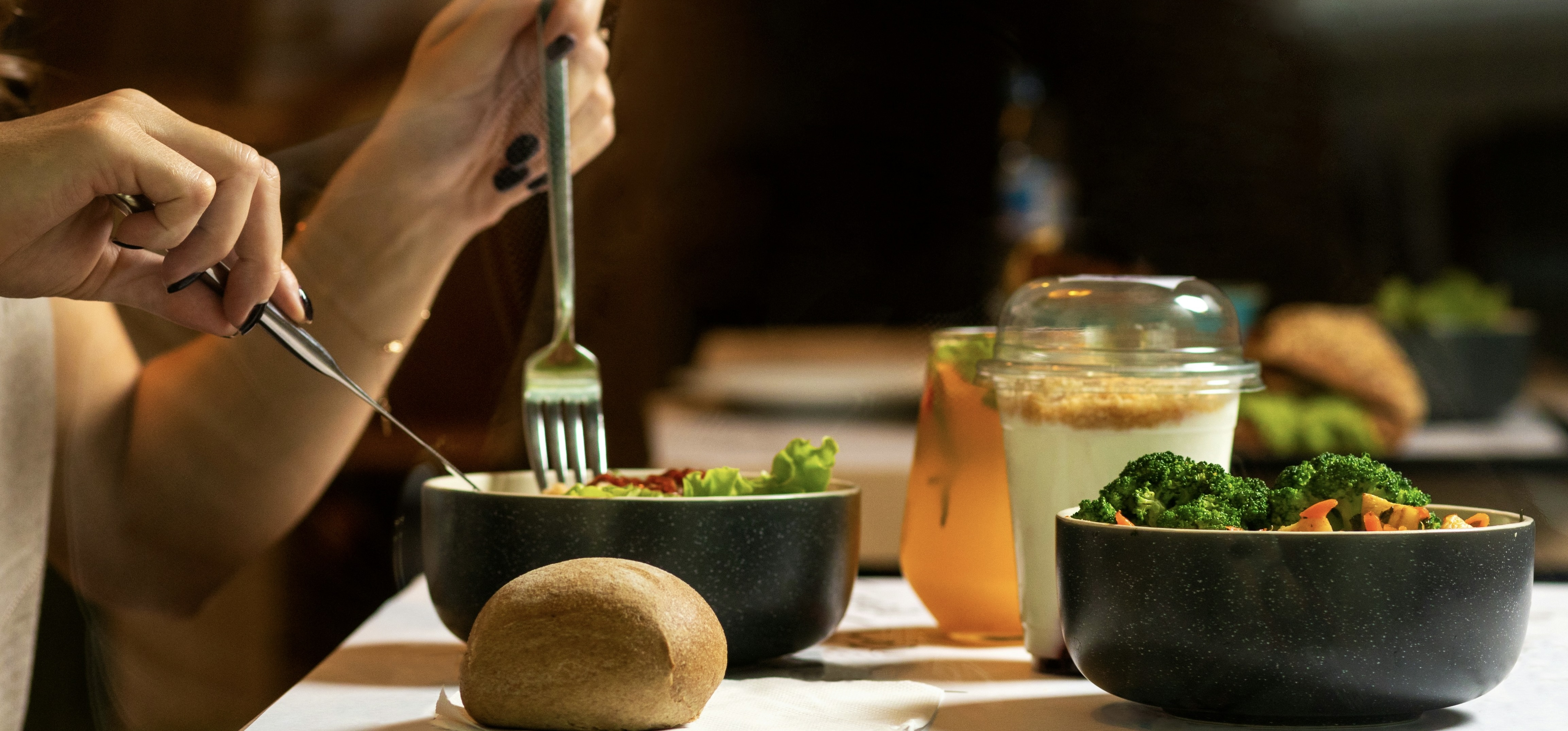Intuitive eating is an approach to food and body image that encourages individuals to tune into their body's natural hunger and fullness cues rather than following restrictive diets or external rules. It promotes a healthy relationship with food by focusing on internal signals, such as when to eat and how much to eat, rather than external guidelines that often lead to feelings of guilt or deprivation. Developed in the 1990s, intuitive eating emphasizes listening to your body and rejecting diet culture's focus on weight loss or restriction.
One of the core principles of intuitive eating is rejecting the notion of "good" or "bad" foods. In traditional dieting, foods are often labeled as either wrong or right, which can create a negative relationship with food and may lead to feelings of shame or guilt when eating so-called "bad" foods. Intuitive eating encourages people to see all foods more neutrally and to choose what to eat based on what feels right for their body in the moment, not out of moral judgment.
Another important aspect of intuitive eating is making peace with food. This means letting go of the cycle of restricting foods and then overeating once restrictions are lifted. When we allow ourselves to eat freely and without guilt, we can start to trust our body's signals and let go of the mindset that food is something to control or battle. This shift can reduce stress around food and help foster a more positive and sustainable approach to eating.
Intuitive eating also places importance on honoring your hunger and respecting your fullness. Instead of pushing through hunger or eating out of boredom, stress, or emotional triggers, intuitive eating teaches individuals to acknowledge when they are hungry and to eat in response to those signals. It also encourages stopping when you're satisfied, rather than overstuffing yourself out of habit or mindless eating.
Ultimately, intuitive eating is about reconnecting with your body’s innate wisdom. It encourages individuals to trust themselves and their body’s needs, rather than relying on external rules or diets. By embracing intuitive eating, many people find that they can achieve a more balanced and healthy relationship with food, one that fosters enjoyment, mindfulness, and self-compassion.
Intuitive eating doesn’t mean you can’t have boundaries or guides for how you want to eat, it just takes away the moral judgment component. For example, if you are wanting to have a nutrition plan that supports your diabetes and helps you lose weight - you can build a nutrition plan that focuses on lower carb and higher protein options, but that allow for carbohydrate foods that help you feel good. Perhaps breads and pastas don’t sit well, but potatoes and rice do. You can set boundaries on how you eat based on how you feel and how it impacts your health. But in this learning process, it’s not about right/wrong, good/bad, and you stay objective in the process instead of going to a place of shame.
Getting to this point takes time, patience, and requires building self trust.






